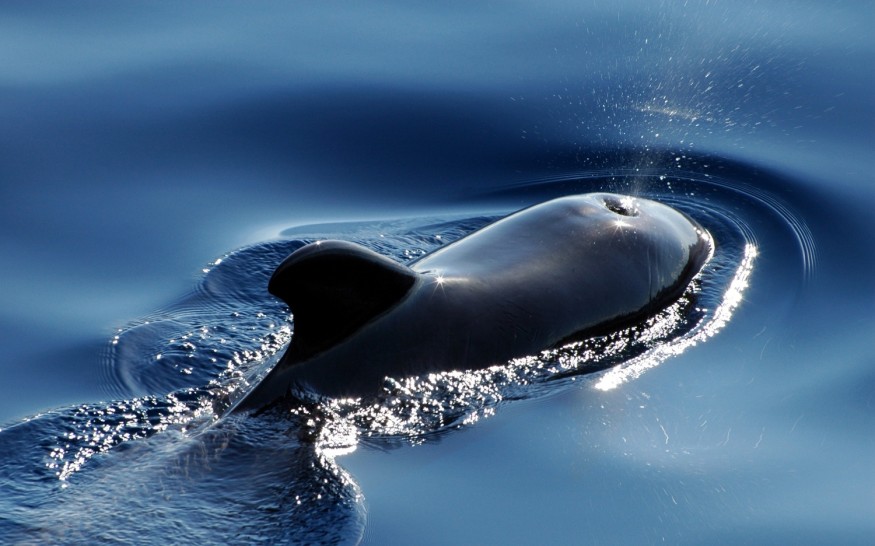
Seven pilot whales were found dead on the coast of Kolo Udju beach located in East Nusa Tenggara, Indonesia, after being stranded in the remote area with ten other whales. The residents of Menia Village near the beach managed to save the remaining ten whales, although injuries and lacerations could be seen on their bodies as a result of the rocky terrain. Improper handling of the stranded whales during the rescue may have also caused these injuries, as noted by Ikram Sangaji, the marine conservation agency head for the area.
Six of the seven dead pilot whales were buried in a traditional ceremony. Important in dealing with the beaching of a cetacean (aquatic mammals such as whales, dolphins, and porpoises) is the burial of the carcass. If the dead body is left on the shore for too long, then it would continue to decompose, building up gases and bloating until it could possibly explode from the pressure build-up inside of it. The remains of the dead animal would be spread around the area and potentially cause disease. The last dead pilot whale was chopped up and used by the residents of Menia Village for its meat. Whale hunting has been a tradition In East Nusa Tenggara where the village is located. The locals hunt for one or two whales for their meat since farming can be unreliable for its residents.
Samples were taken from the dead bodies to learn more about how the whales could have possibly been stranded on the beach. Kolo Udju beach has seen around forty whale beachings since 2012, with the most recent one attributed to cross-currents generated in the ocean. Whales and other cetaceans can get trapped between the fringing coral reefs and the shore during the tides. There may be other reasons that cause whale beachings, both natural and man-made. Natural causes include old age and disease. Whales that are old or afflicted with disease seek shallower waters so that surfacing for air becomes easier. They can be trapped on a hard surface once the low tide hits, causing chest compression and internal organ damage. Man-made causes include noise pollution from sonar, fishing, and environmental degradation.
While strandings are uncommon in Indonesia, the government's fisheries ministry has launched a nationwide initiative to train first responders, mostly residents of seaside communities, in dealing with whale beachings. Trainings and workshops were held in cooperation with Whale Stranding Indonesia (WSI) and WWF-Indonesia to spread awareness and knowledge of the proper handling of stranded sea animals. For example, residents are taught to make sure that the animal's blowhole and fins are protected from any damage since these are vital organs for their survival once they are returned to the sea. Proper transport of the beached animal from the shore to the sea should also be taken into consideration to prevent additional injury.
Additional information on proper first responses to stranded marine mammals may be viewed on the Whale Stranding Indonesia website. While it may seem heroic to save dozens of stranded whales on your own, wrongly doing it can worsen their plight. In that case, it may be best to leave it to the experts.
© 2026 ScienceTimes.com All rights reserved. Do not reproduce without permission. The window to the world of Science Times.










